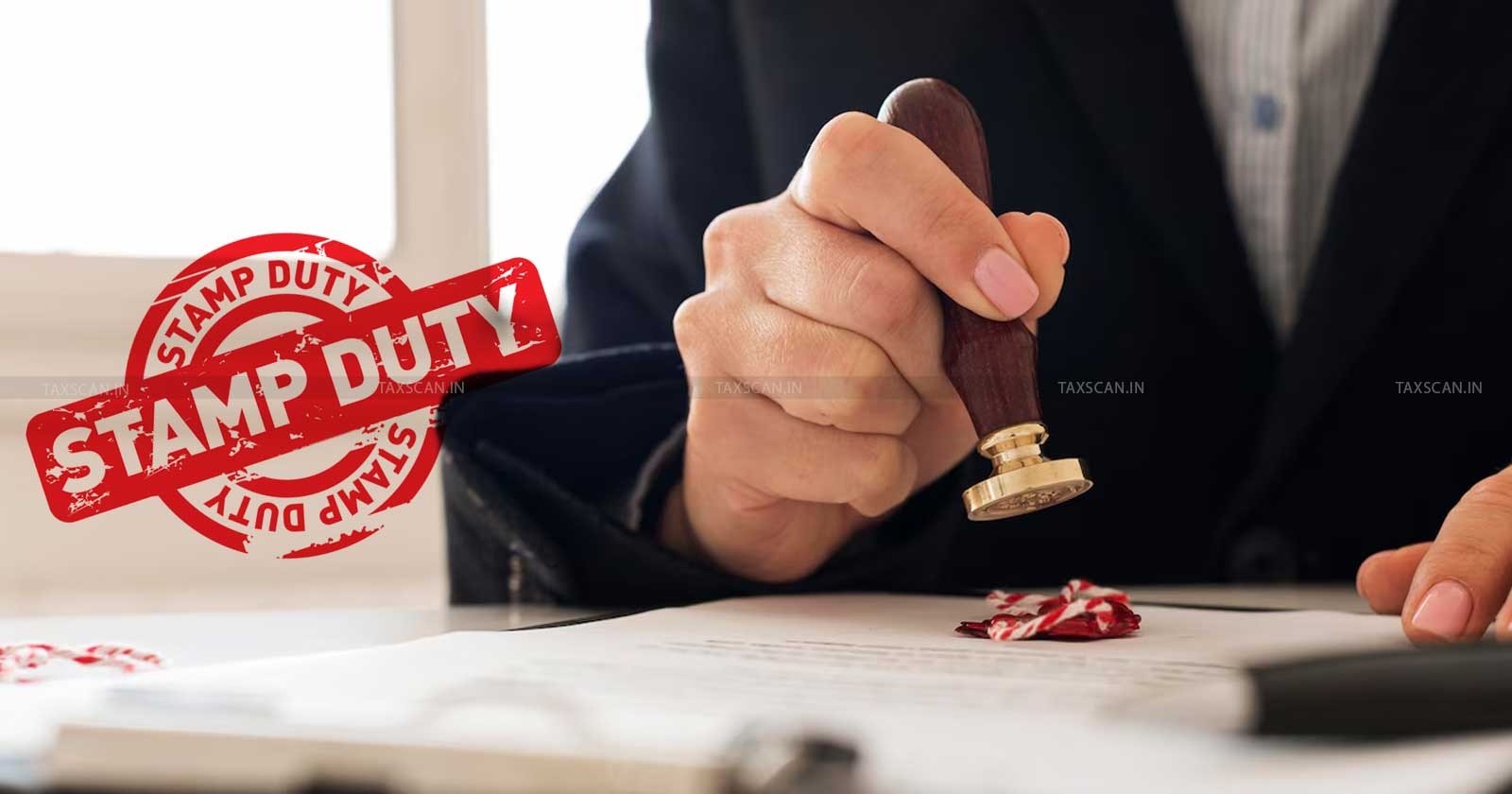Delhi HC sets aside Income Tax Order Denying Exemption to Charity Over 16-Day Audit Delay [Read Order]
The court relied on a series of judgments, including its own recent decisions, to hold that an assessee cannot be prejudiced by the mistake of its professional advisor.
![Delhi HC sets aside Income Tax Order Denying Exemption to Charity Over 16-Day Audit Delay [Read Order] Delhi HC sets aside Income Tax Order Denying Exemption to Charity Over 16-Day Audit Delay [Read Order]](https://images.taxscan.in/h-upload/2025/11/03/2101789-incometax-order-hc-taxscan.webp)
The Delhi High Court has set aside an order of the Commissioner of Income Tax (Exemptions) that denied tax exemption to a charitable trust due to 16 days audit delay, holding that a minor procedural delay caused by an auditor's inadvertent error cannot be a basis to reject a substantive exemption claim.
The petitioner, Delhi Maharashtriya Educational and Cultural Society, a registered charitable trust, filed its return of income for Assessment Year 2018-19 on time, claiming exemption under Sections 11 and 12 of the Income Tax Act. The issue arose when the audit report in Form 10B was filed with a delay of 16 days due to an oversight by its tax professional. The Assessing Officer subsequently denied the exemption claim and passed an intimation order under Section 143(1), leading to a tax demand. The trust's application for condonation of this delay under Section 119(2)(b) was rejected by the Commissioner.
 Also Read:Renting or Leasing of Residential Dwelling for Use as Residence is Exempt from GST: Delhi HC Quashes Stamp Duty Demand [Read Order]
Also Read:Renting or Leasing of Residential Dwelling for Use as Residence is Exempt from GST: Delhi HC Quashes Stamp Duty Demand [Read Order]
Counsel for the petitioner argued that the denial of exemption on a mere technicality defeated the benevolent scheme of the Act and caused genuine hardship, diverting funds meant for charitable activities. He relied on precedents to contend that a long-standing compliant trust should not be penalized for a bona fide professional error.
Master the Latest Amendments in Income Tax Act Click here
Per contra, the Revenue's counsel contended that a clerical error by an auditor does not constitute a 'reasonable cause' for condonation, and statutory timelines must be strictly observed.
A division bench comprising Justice V. Kameswar Rao and Justice Vinod Kumar observed that the approach in such cases should be 'equitable, balancing and judicious'. The court relied on a series of judgments, including its own recent decisions, to hold that an assessee cannot be prejudiced by the mistake of its professional advisor. It emphasized that the power under Section 119(2)(b) is intended to avoid genuine hardship, and the Revenue ought to have exercised its discretion to condone the short, bona fide delay.
Finding that the rejection of the condonation application was unjustified, the court set aside the order dated June 14, 2024. It directed the Commissioner to pass a fresh order on the petitioner's condonation application under Section 119(2)(b) within eight weeks and proceed in accordance with law.
Support our journalism by subscribing to Taxscanpremium. Follow us on Telegram for quick updates


